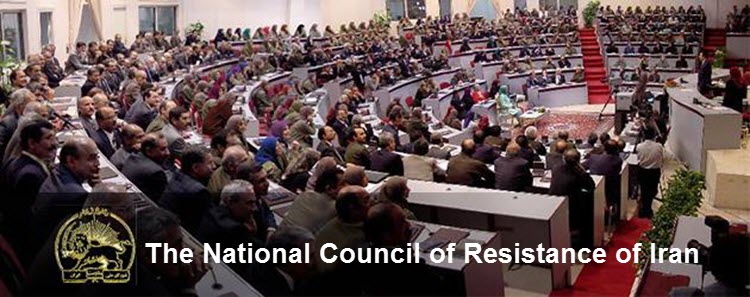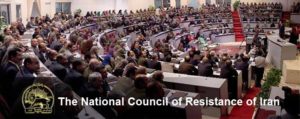
 The following article titled: “Dividing the enemy alliance: inside the Trump strategy,” by F.H. Buckley appeared in ‘New York Post’, on April 12, 2017.
The following article titled: “Dividing the enemy alliance: inside the Trump strategy,” by F.H. Buckley appeared in ‘New York Post’, on April 12, 2017.
Though Trump won’t get much credit for it, the last few weeks were a triumph for American diplomacy. We put a tyrant on notice that he can’t use weapons of mass destruction on his own people, we put paid to the idiotic suggestion that President Trump is subservient to Vladimir Putin, we rallied the West and spooked our enemies — and we did all this without the loss of a single US serviceman.
Along the way we revealed that the Obama administration was less than truthful when claiming that the WMD had been removed from Syria.
Now what? When facing three opponents, as America is with Russia, Syria and Iran, the most obvious response is to try to break them up through a side deal with one of them. That’s the signal Secretary of State Rex Tillerson and UN Ambassador Nicki Haley sent to Syrian strongman Bashar al-Assad on March 30 in saying we’d be prepared to live with him.
That amounted to the following offer: Be nice, Assad, distance yourself from Iran and we’ll accept a solution to the Syrian civil war that leaves you in power.
The offer made sense, even though the chance of its acceptance was slight. Syria is sometimes described as a puppet regime of Iran, but that doesn’t begin to describe Assad’s dependence on Iran. Syria is more like Iran’s 32nd province than a separate state.
There are more than twice as many fighters that take orders directly from Tehran than there are members of Assad’s army, and this includes about 20,000 members of Iran’s Revolutionary Guards. Assad’s Syria is Iran’s only major ally in the region, and gives it a supply route for arms that Hezbollah can use against Israel.
That’s the explanation for the Sarin attack. The question no one has asked is why Assad ordered this, and why then? It’s not as if he needed to persuade anyone that he’s a moral monster, or that a change in the tide of battle dictated the change. Rather, Assad, it’s fair to assume, had simply been ordered to employ chemical weapons by Tehran, as a means of turning down the American overture. It signaled that the Iranian-Syrian alliance could not be broken.
The next stage was our attack on the Syrian Shayrat airbase last week. That was a human response to a despicable act of state terrorism by Assad. It was also our response to Syria’s rejection of our offer. Very well, we said. We’ll have no further dealings with you.
That leaves the other two players, Russia and Iran. Tillerson met with Putin Wednesday, and if it wasn’t all smiles and chuckles, still the meeting happened, and from our perspective the possibility of a rapprochement with Russia is greater now than it was before the attack on the Syrian air base: Trump no longer has to worry about critics who say he’s soft on Russia.
As for the Russians, they’re the ultimate realists. We’ve signaled to them that we’re not going to try to dislodge them from Syria. But everything else is on the table. We’re telling them they can move in more civilized company if they want. Only it’s going to cost them, if we’re to accept them as civilized players.
Finally, Iran. Of the three countries, only Iran under the mullahs is America’s implacable enemy, one with whom a peaceful resolution of differences is entirely impossible. More than that, the mullahs take our willingness to reach out to them as a sign of weakness they can exploit. They constantly test our resolve, and when we fail to respond, they take it one level further.
So what’s the answer? First of all, we need to reject the high-school debater’s trick of posing false alternatives, as Obama used to do. It’s either a spineless accommodation or nuclear war, he’d tell us. But there are always other options, and one of them is to push back when pushed, and that requires getting into the enemy’s mind to discover what troubles him most.
For the mullahs, it’s the way in which their regime’s legitimacy is threatened by liberal opposition groups, particularly the National Council of Resistance of Iran. The National Council revealed Iran’s nuclear program in 2002, and it’s been praised by Elie Wiesel, Rudy Giuliani and Michael Mukasey.
However, we’re still afraid of supporting the National Council and other Iranian dissident groups that so frighten the mullahs. Changing that is a good place to start.
The years of acquiescence to Iran didn’t begin with Obama. Let’s make sure they end with him.
F.H. Buckley teaches at Scalia Law School. His most recent book is “The Way Back: Restoring the Promise of America.”

